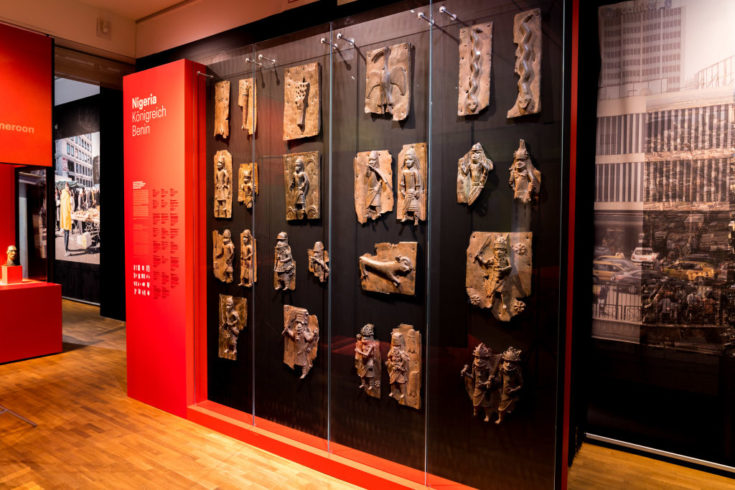If you’re taking a trip to the Smithsonian’s National Museum of African Art (NMAfA) in Washington, D.C., you will no longer see the Benin bronzes from the Kingdom of Benin.
The museum has decided to remove and repatriate them back to what is now southwest Nigeria.
NMAfA had at least 16 artworks that link back to what is widely known as the 1897 raid when more than 3,000 works of art were looted from Benin City by British colonial forces. It’s a painful history in which soldiers burned the city, killing an unknown number of people, and bringing one of the greatest kingdoms to a violent end.
The stolen art of carved elephant tusks, ceramics portraits of kings, and plaques are known as the Benin Bronzes. They are scattered around more than 161 museum collections around the world. Museum curators at the Smithsonian say the stolen art represents “one of the most infamous examples of British colonialism’s destructive impact on cultural heritage.”
The museum’s director, Ngaire Blankenberg, says “We know that [the works of art] are looted. I am extremely committed to giving them back.”
But when that will happen is a little more complicated as she does not have the authority to repatriate the items herself. It’s a lengthy process that involves approval from the Smithsonian Secretary and the Smithsonian Institution Board of Regents.
The museum is reportedly in talks with Nigeria’s National Commission for Museums and Monuments about the future of the collection.
In the meantime, the museum has established a task group to further look into modifying its current policies for repatriation and looted art in its collections. Recommendations are expected by the end of 2021, Smithsonian Magazine reports.
This comes at a time when other countries have committed to doing the same.
In early 2021, German officials made good on a promise to finally give Nigeria back its stolen bronze artifacts.
Officials from the Scotland University of Aberdeen said they would also repatriate a Benin bronze that was acquired in 1957 at an auction.
Lastly, the British Museum, which has presented the most resistance despite housing more than 900 items looted from Benin City, is in talks with Nigerian officials about the future of its collections.
